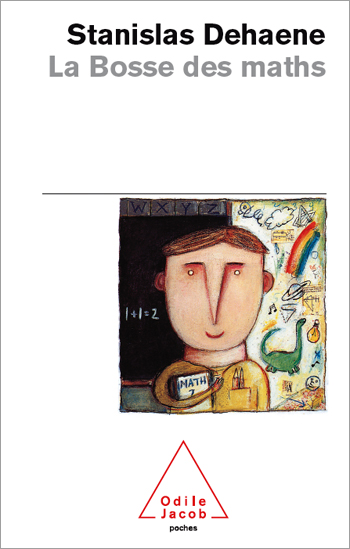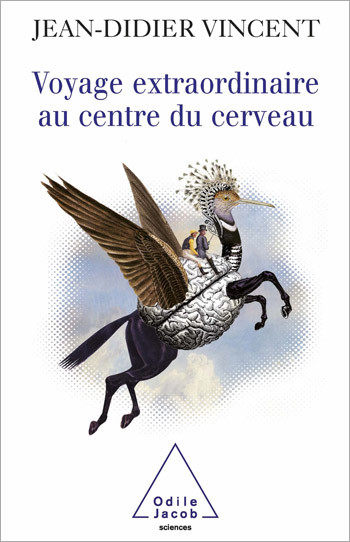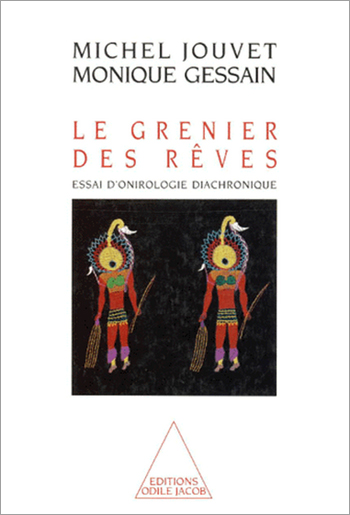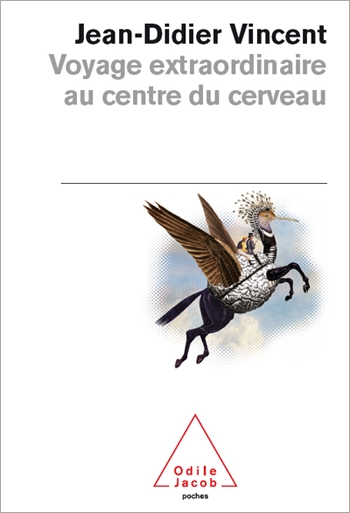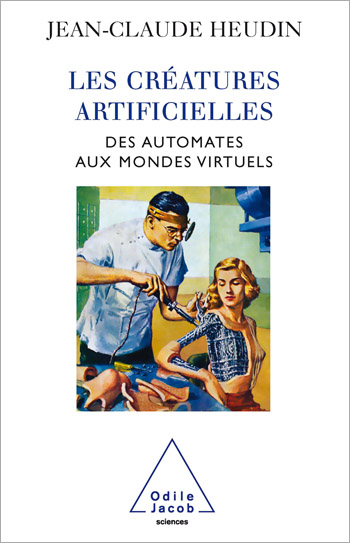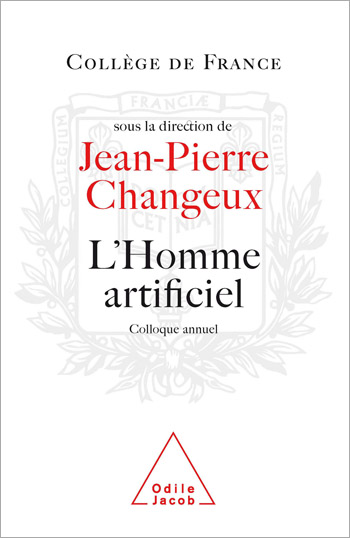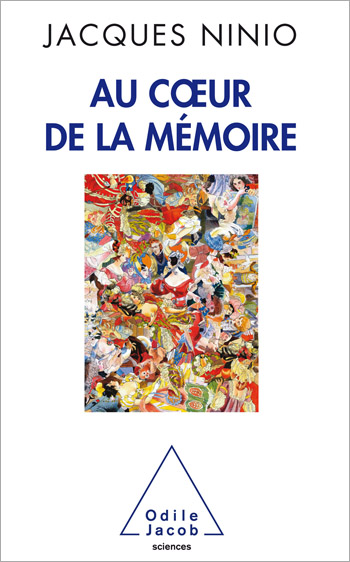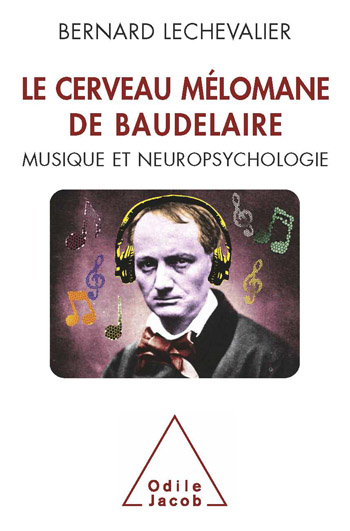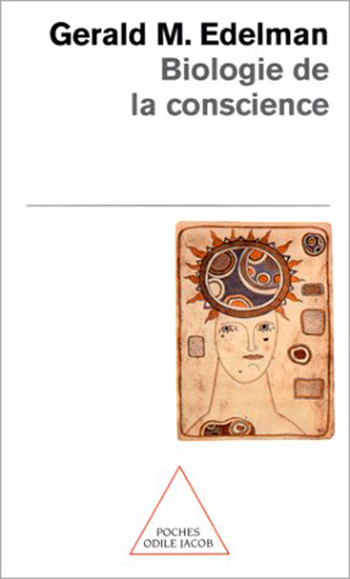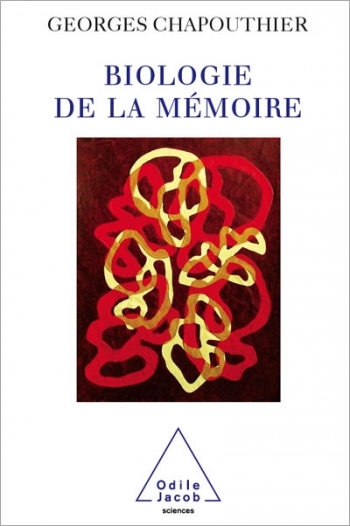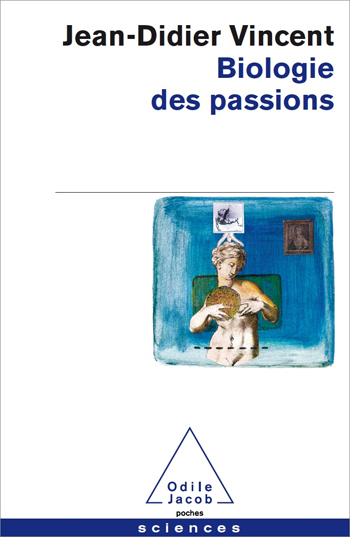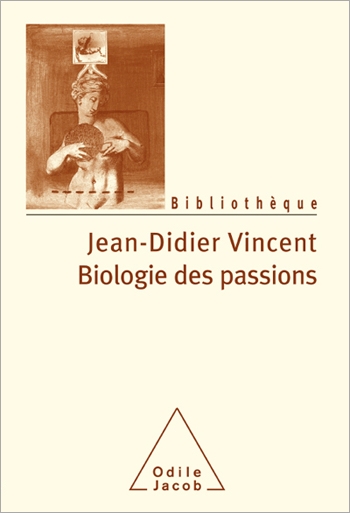Neuroscience All books
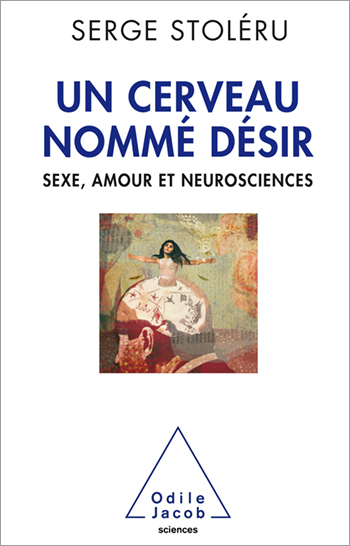
Serge Stoléru
A Brain Named Desire Neuroscience, sex and love
This book follows the route that has led to a better understanding of sexual desire and love: from psychology to neuroscience, passing through attachment theory, ethnology and the theory of evolution.
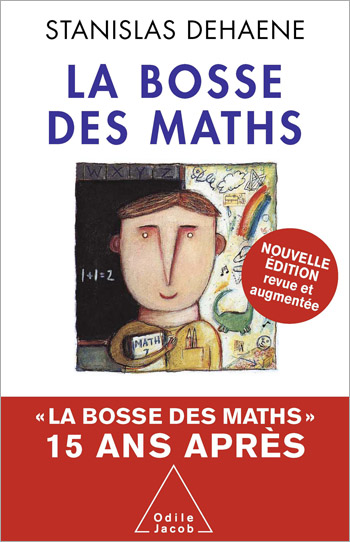
Stanislas Dehaene
A Good Head for Maths
This book on experimental psychology is clear and rigorous, precise and alert - it is instructive and incites us to think...

Stanislas Dehaene
A Good Head for Maths
Did you know that babies can count? And did you know that some animals can do simple arithmetic? Whether we possess astounding mathematical talents or the most basic of counting skills, we are all born with numerical intuition. In this book, the author describes some amazing scientific experiments that demonstrate the mental foundations of numerical intuition. If you want to know why you cant remember how much 7 x 8 makes, or how a cerebral lesion can make you forget 3 - 1, or if you want to figure out the fifth root of 759,375, just follow the author in a series of tortuous mental calculations and you dont even have to be a mathematical wizard. Stanislas Dehaene is a senior research fellow at Inserm and works at the Laboratory of cognitive sciences and of psycholinguistics at the École des Hautes Études en Sciences Sociales.
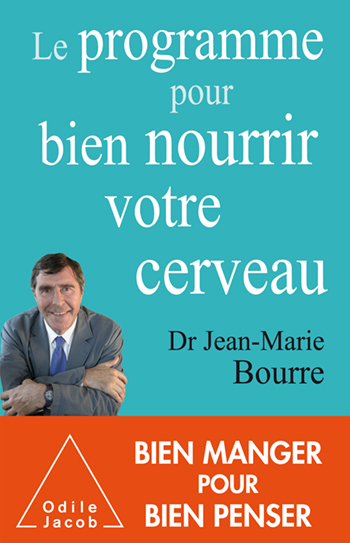
Jean-Marie Bourre
A Program to Feed Your Brain Well
A clear and instructive approach that enables the reader to understand what is needed to be at the height of one’s intellectual abilities.
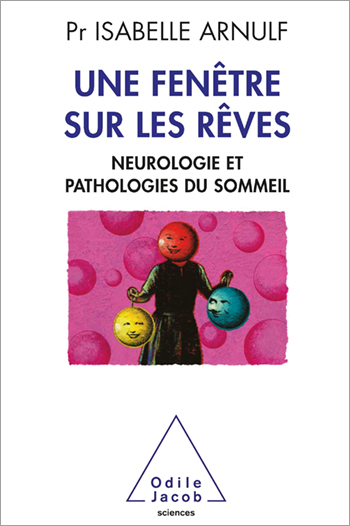
Isabelle Arnulf
A Window to Dreams Neuropathology and sleep disorders
Isabelle Arnulf opens a window to the fascinating world of current dream ...
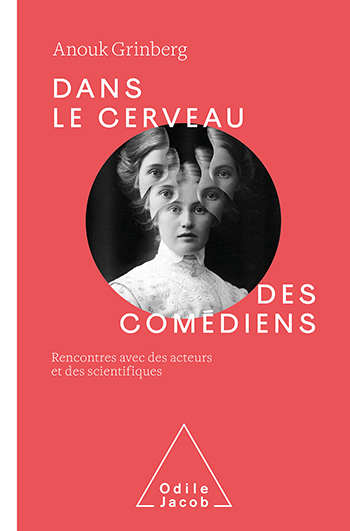
Anouk Grinberg
The Actor, the Game, and the “I”
The activity of an actor viewed from the wings, told from the inside by one of the greatest French actresses.
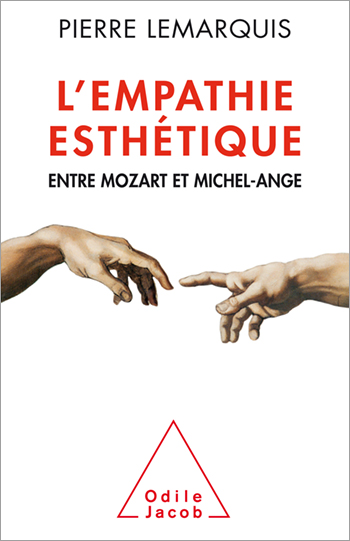
Pierre Lemarquis
Aesthetic Empathy
The powerful impact of art on the human brain, in the light of the latest advances in the neurosciences
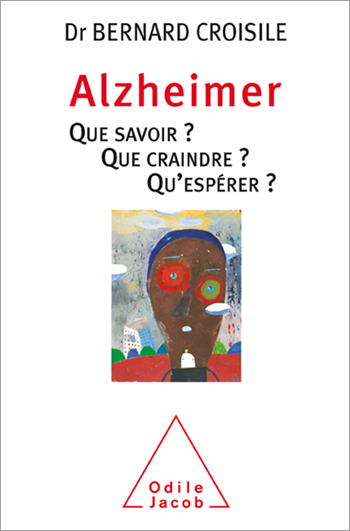
Bernard Croisile
Alzheimer Everything You Need to Know about Alzheimer’s
A reference work that offers hope, by a top specialist on Alzheimer’s disease
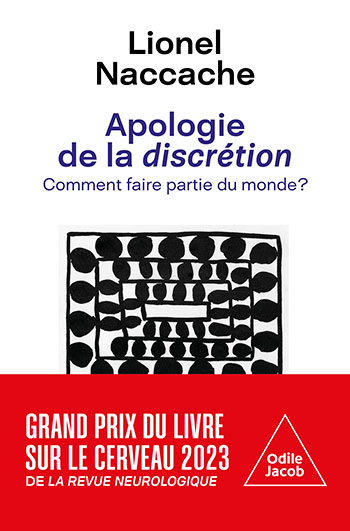
Lionel Naccache
An Apologia for Discretion What does it mean to be part of the universe in the 21st century?
In the great tradition of essays, the author draws on cognitive neuroscience and neurology, mathematics, physics, biology, philosophy, psychoanalysis, Judaism and literature.
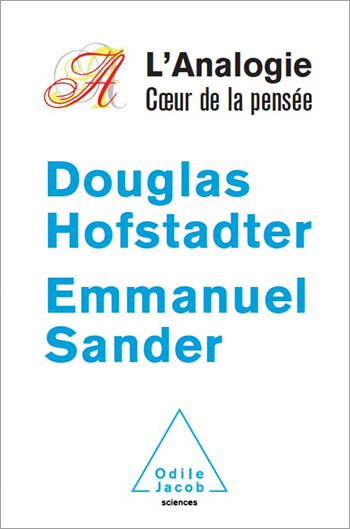
Douglas Hofstadter, Emmanuel Sander
Analogy:Surfaces and Depths A New Theory of Mind
Could analogy, which we use unconsciously every day, lie at the core of human thought?
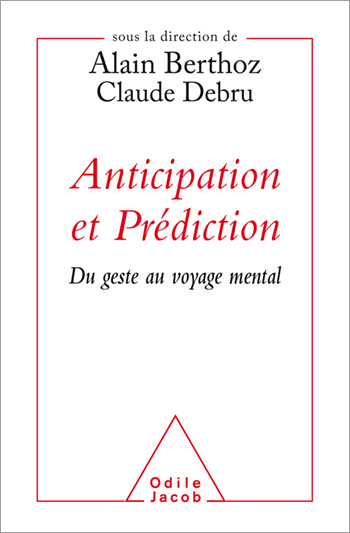
Alain Berthoz, Claude Debru
Anticipating and Predicting A Colloquium — From Thought to Mental Journey
What are the psychological and neurobiological mechanisms that enable humans to anticipate events and actions?
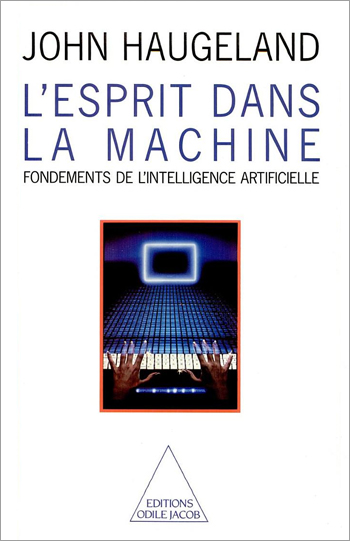
John Haugeland
Artificial Intelligence: The Very Idea
At once philosophical and instructive, this work offers a synthesis of a discipline that marks a revolution, both intellectual and technological, in the approach of the human spirit. John Haugeland teaches philosophy at the University of Pittsburg.
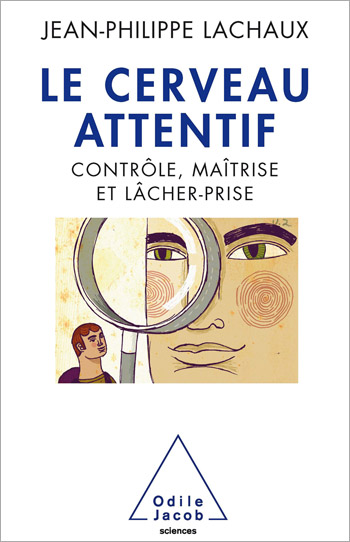
Jean-Philippe Lachaux
The Attentive Brain Improving Concentration With the Neurosciences
Why study attention? Focused attention is rare and precious...
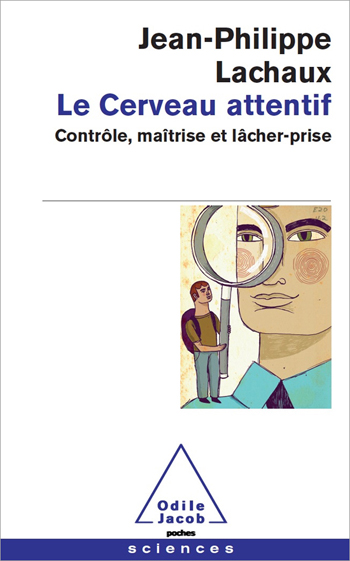
Jean-Philippe Lachaux
The Attentive Brain Improving Concentration With the Neurosciences
Why study attention? Focused attention is rare and precious. It cannot be scattered over a variety of subjects at once...
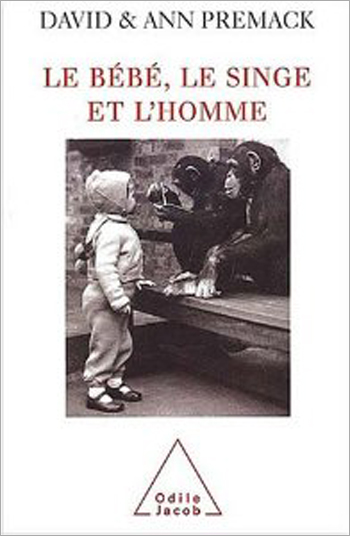
Ann Premack, David Premack
The Baby, the Ape and Man
The issue of the differences and similarities between humans and their cousins the chimpanzees governs the definition of human identity. How can this difference be explained? By studying the learning process of chimpanzees and comparing it to that of children, Ann and David Premack were gradually able to discover a series of differences, none of which were radical but when put together showed a yawning gap between the two species. The results they obtained enabled them to reconstruct little by little the sum of the differences that make up human identity. Ann and David Premack are specialists in the study of primates.
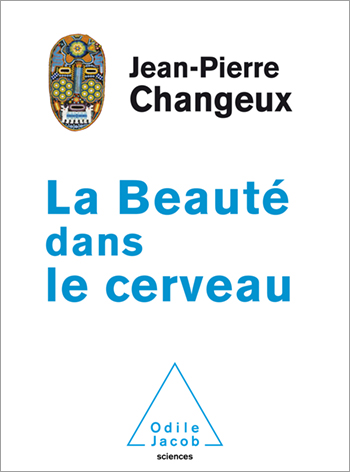
Jean-Pierre Changeux
The Beauty in the Brain
"Jean-Pierre Changeux is one of those rare spirits who both challenge and unify." A text containing ideas that are entirely new. Illustrated with many original case studies from the arts and sciences.
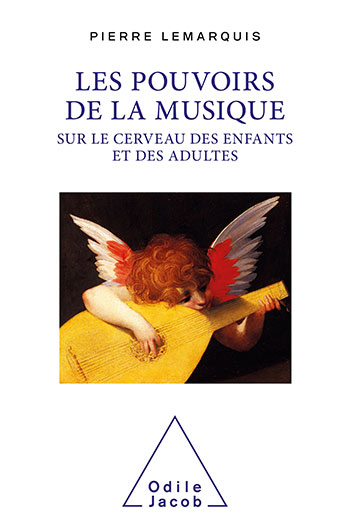
Pierre Lemarquis
The Benefits of Music for the Brains of Children and Adults
Music shapes and caresses our brain, it contributes to the development of individuals, to learning, to care, at every age in life.
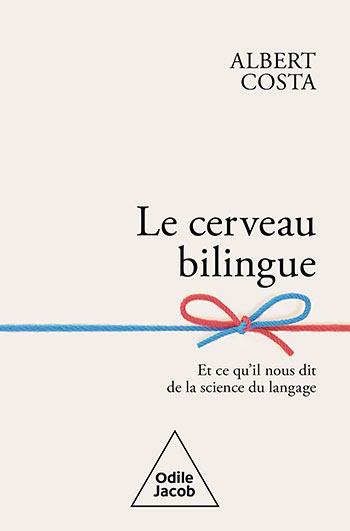
Albert Costa
The Bilingual Brain
A fascinating book on what has often been a controversial topic; a lively summary of the state of the art.
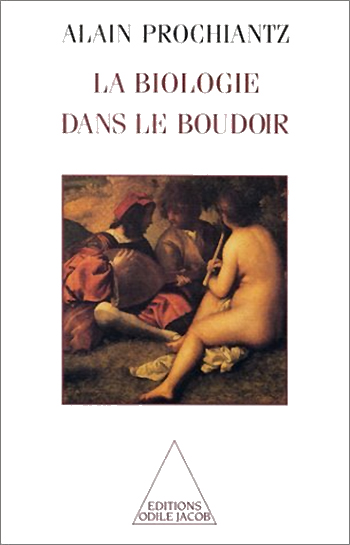
Alain Prochiantz
Biology in the Bedroom
Inspiring himself from La Philosophie dans le boudoir by Sade and the major philosophical works of the 18th century, Alain Prochiantz, who is a neurobiologist, explains by means of a dialogue, the progress of embryology and neurobiology and gives us the elements so that we can understand and measure the stakes of the recent discovery of the genes of development. Alain Prochiantz heads the Laboratory for the Development and Evolution of the Nervous System at the École normale supérieure. He is notably the author of Strategies of the Embryo, and Claude Bernard, the Physiological Revolution.
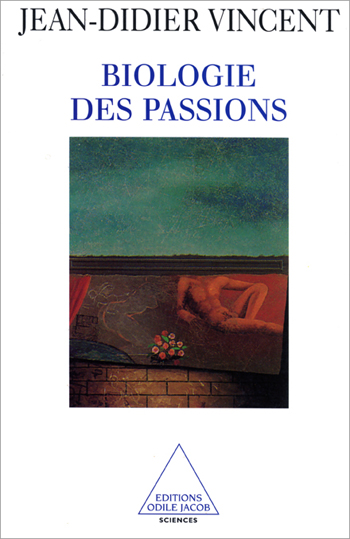
Jean-Didier Vincent
The Biology of Passions
What is it to love? Can one explain the love of Romeo for Juliet? What are desire, pleasure and pain, the taste for power and domination? Moving beyond the traditional split between body and mind, Jean-Didier Vincent proposes a new theory of emotions which brings harmony to our concept of mankind. Jean-Didier Vincent is a neurobiologist and director of the Alfred Fessard Institute of CNRS at Gif-sur-Yvette.

